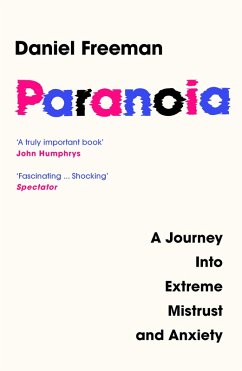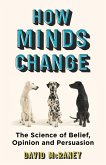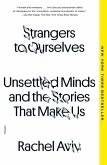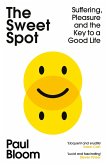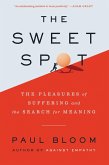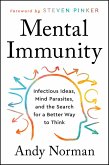'FASCINATING... SHOCKING' SPECTATOR
What is paranoia? What makes us mistrustful? How can this be overcome?
Dieser Download kann aus rechtlichen Gründen nur mit Rechnungsadresse in A, B, BG, CY, CZ, D, DK, EW, E, FIN, F, GR, HR, H, IRL, I, LT, L, LR, M, NL, PL, P, R, S, SLO, SK ausgeliefert werden.
'The penultimate chapter presents and overview of Freeman and Garety's updated model of delusion formation and maintenance. The model is an attempt to integrate all their work on emotions and cognitive biases, but also uses Maher's idea that delusions are explanations of experience. ... The richness of the model may be helpful to therapists planning interventions in that the model suggests many areas that could be the focus of work.
The majority of chapters draw on material in already published articles, yet the authors manage to bring these together by re-writing and adding material, so producing a coherent whole. Whether one agrees or disagrees with specific aspects of Freeman and Garety's model, this book is a very important contribution, is presented with exemplary clarity, and is work that researchers and practitioners will need to know.' - John Rhodes, Consultant Clinical Psychologist, Haringey Adult Mental Health, in Behavioural & Cognitive Psychotherapy, Vol. 34 Autumn 2006.

